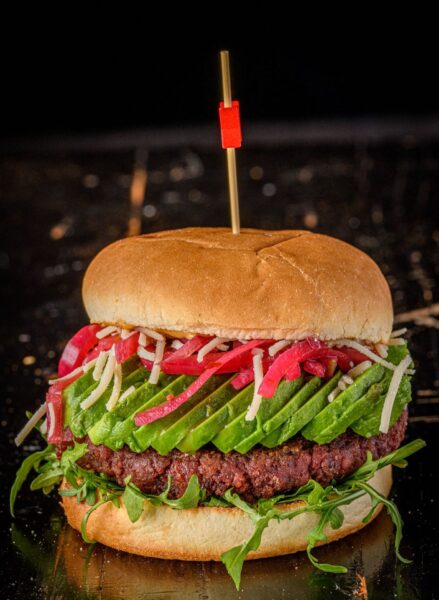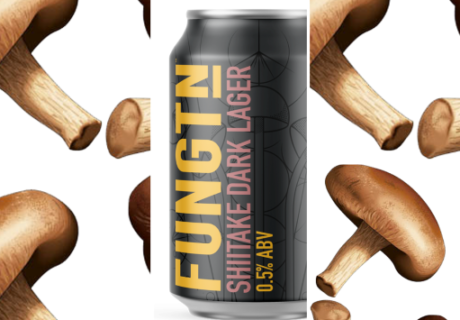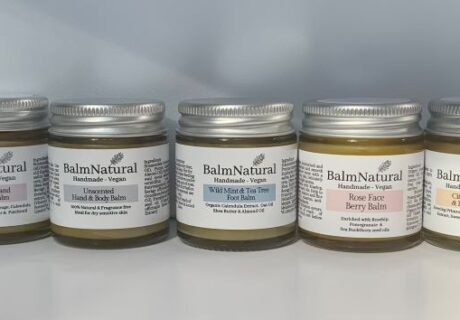Following a successful on-trade trial in restaurants, plant-based brand Plant Punk has created a new ZeroBeef retail range which aims to represent vegan foods ‘the way they should be’.
Formulated to cook and smell like real meat but containing 60% less fat (4g per 100g versus an industry average of 18g), the low-salt range is made with only natural, sustainable ingredients, and includes ZeroBeef Burgers, Plantballs and a ‘unique’ Plantloaf.
The brand says that the ZeroBeef line, which cooks in minutes straight from frozen, gives off the smell of cooking beef and takes on the same chargrill and seared marks you get with meat, as well as mimicking the earthy, deeply umami flavour of dry aged beef.
Ultimately, our goal is to make people question what they are told about the food they eat
“We felt the current method of producing vegan foods, with unhealthy ingredients and causing a high environmental impact was all wrong; it didn’t fit the lifestyle choice,” comments co-founder and chef Dave Ahern. “So we set about creating the food that conscious eaters always thought they were getting.”
 Plant Punk co-founder and actress Wallis Day is a vegan herself and says she wanted to share the benefits with a wider audience and challenge the plant-based food industry to be more honest transparent about the ingredients and impact of their products. “Ultimately, our goal is to make people question what they are told about the food they eat and to make food companies question what they do,” she says. “We don’t want to tell people how they should live, or what they should eat, instead we have made foods to suit everyone, whatever their diet and lifestyle choices. It is good quality food, made from natural ingredients and is designed to be inserted into busy lives.”
Plant Punk co-founder and actress Wallis Day is a vegan herself and says she wanted to share the benefits with a wider audience and challenge the plant-based food industry to be more honest transparent about the ingredients and impact of their products. “Ultimately, our goal is to make people question what they are told about the food they eat and to make food companies question what they do,” she says. “We don’t want to tell people how they should live, or what they should eat, instead we have made foods to suit everyone, whatever their diet and lifestyle choices. It is good quality food, made from natural ingredients and is designed to be inserted into busy lives.”
Speaking about the brand’s sustainability journey, Ahern adds: “There were some hard stops for us in this project. We wanted to use readily available ingredients that anyone could buy in almost any supermarket, and that were available locally, globally to avoid spikes in demand, which can lead to shortages or overproduction and soil damage.
“This means we can serve regional markets without employing large logistic operations and so reduce our carbon footprint, while also building production facilities as efficiently as possible so we can focus on the quality of our products rather than the size of our overheads.”





